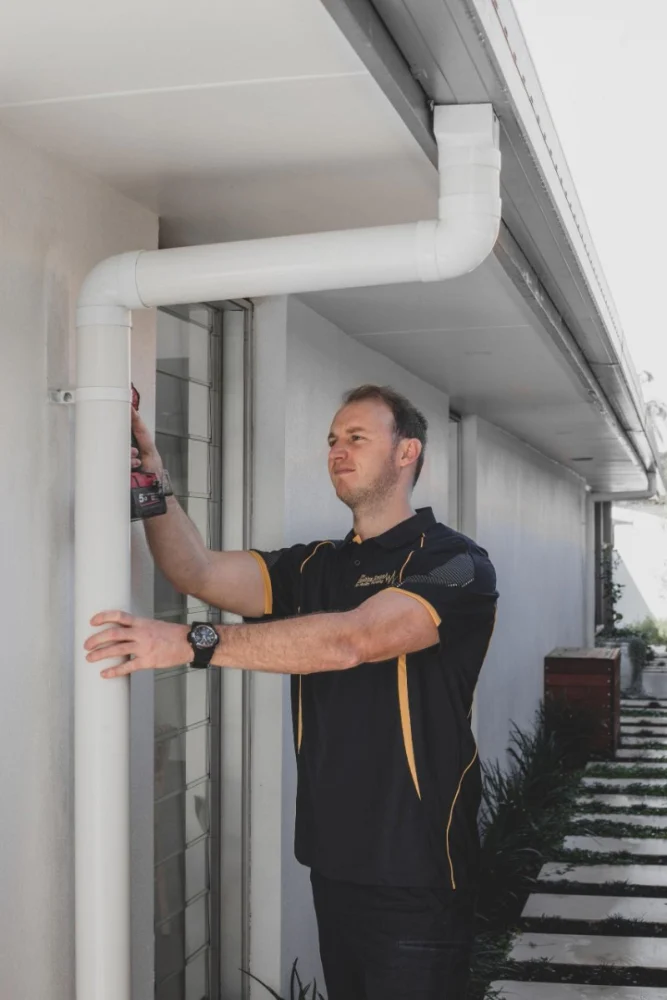
- 1- Introduction: Understanding the Importance of Plumbing Permits
- 2- Why Plumbing Permits Are Essential for Home Renovations
- 3- The Plumbing Permit Process: A Step-by-Step Guide
- 4- Plumbing Permit Requirements: What You Need to Know
- 5- Common Mistakes to Avoid When Applying for Plumbing Permits
- 6- Expert Recommendations for a Smooth Plumbing Permit Experience
1- Introduction: Understanding the Importance of Plumbing Permits
When it comes to home renovations, plumbing plays a significant role. Whether you’re upgrading your kitchen, adding a new bathroom, or moving existing pipes, understanding plumbing permits is crucial for a successful project. A plumbing permit ensures that your work complies with local building codes, is safe, and will pass inspection. Without it, you risk facing fines, delays, or even having to undo the work you've already completed. In this article, we’ll walk you through the essentials of plumbing permits, so you can navigate your home renovation with ease.
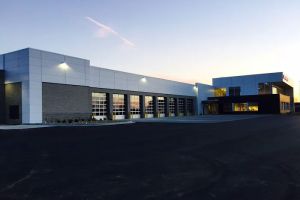
Roto-Rooter Plumbing & Water Cleanup
IndianapolisMarion CountyIndiana
5170 Commerce Cir, Indianapolis, IN 46237, USA
2- Why Plumbing Permits Are Essential for Home Renovations
Plumbing permits are essential for several reasons, primarily to ensure the safety of the work being done and compliance with local building codes. Here's why obtaining a plumbing permit is necessary:
- Safety: Plumbing systems involve water and waste, which can have significant health and safety implications if not properly installed. Permits ensure that installations meet safety standards and reduce the risk of leaks, water damage, or sewage backups.
- Compliance with Local Codes: Each city or county has its own set of building codes. Permits ensure that your work follows these codes, which can vary depending on the location. These codes help maintain structural integrity, water efficiency, and proper sanitation.
- Insurance Coverage: Many insurance policies require permits to cover damages from plumbing failures. Without a permit, your insurance company might not cover the cost of repairs or damages caused by faulty plumbing work.
3- The Plumbing Permit Process: A Step-by-Step Guide
The process of applying for a plumbing permit can vary depending on your location and the scope of your project. However, most permit processes involve the following steps:
- Step 1: Determine If You Need a Permit – Some small plumbing repairs, such as replacing a faucet or unclogging a drain, may not require a permit. However, any work involving the installation or modification of pipes, sewer lines, or water supply lines typically requires one.
- Step 2: Submit the Permit Application – After confirming that your project requires a permit, you’ll need to submit an application to your local building department. The application will likely include details about the project, the type of work to be done, and the materials being used.
- Step 3: Wait for Approval – The building department will review your application to ensure it meets local codes. This process might involve providing drawings, plans, or additional details to ensure the work is safe and complies with regulations.
- Step 4: Schedule Inspections – Once your permit is approved, the next step is to schedule inspections. Most cities require inspections at various stages of the project to ensure the plumbing work is being done correctly.
- Step 5: Final Approval – Once the plumbing work passes inspection, you’ll receive final approval. Your project is now legally compliant and safe for use.
4- Plumbing Permit Requirements: What You Need to Know
Before applying for a plumbing permit, it’s essential to understand the specific requirements for your project. Here are some of the common factors you’ll need to consider:
- Type of Work: The type of plumbing work being done will determine the complexity of the permit process. For example, a simple repair may require minimal paperwork, while a full bathroom remodel may need detailed plans and multiple inspections.
- Property Zoning: Zoning laws can affect where and how you can perform plumbing work on your property. If your project impacts the exterior plumbing, you might need additional approval from zoning or city planning departments.
- Professional Involvement: For more extensive plumbing projects, you may need to hire a licensed plumber. Many jurisdictions require that a licensed plumber handle certain aspects of the job, especially if it involves connections to public water or sewer lines.
5- Common Mistakes to Avoid When Applying for Plumbing Permits
When applying for plumbing permits, it’s easy to make mistakes that can lead to delays or complications. Here are some common errors to avoid:
- Failing to Obtain a Permit: Sometimes, homeowners underestimate the importance of permits or think they can bypass the process. Skipping this step can result in fines or forced removal of work that wasn’t done to code.
- Incomplete Applications: Providing incomplete or inaccurate information on your permit application can lead to rejections or delays. Be sure to double-check all details and provide any necessary documentation.
- Not Scheduling Inspections: After obtaining the permit, it’s critical to schedule inspections at the right stages. Missing inspections can result in complications during the approval process.
6- Expert Recommendations for a Smooth Plumbing Permit Experience
To make the permit process as smooth as possible, follow these expert tips:
- Plan Ahead: Start the permit application process early, especially if your project is complex. This will give you plenty of time to gather necessary documents and ensure you meet all requirements.
- Consult a Professional: If you're unsure about whether your project requires a permit, consult with a licensed plumber. They can help determine what is needed and ensure your project is compliant.
- Stay Informed: Local regulations can change, so stay updated on any changes to plumbing permit requirements in your area. This can help you avoid issues down the line.
For more information on plumbing supplies and tools to help with your renovation, visit Plumbers Supply Hub, your trusted source for all things plumbing.

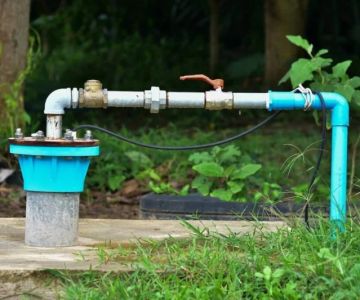
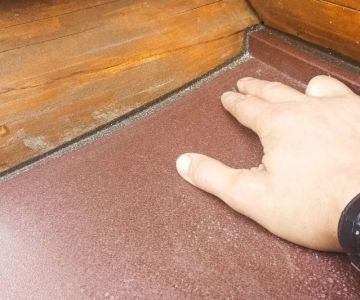
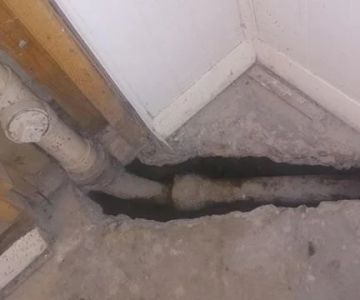
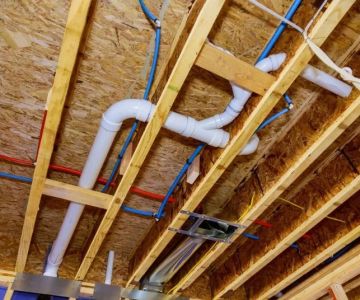
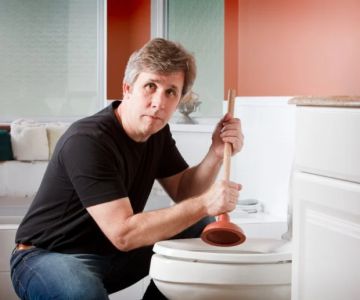
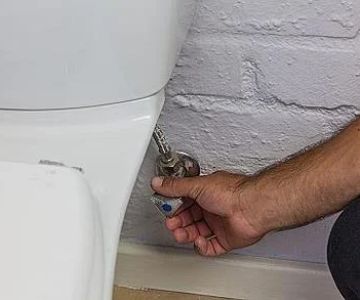
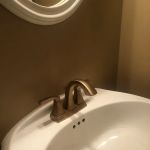 Aaron's Plumbing4.0 (658 reviews)
Aaron's Plumbing4.0 (658 reviews)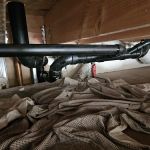 Rivera plumbing and rooter service license #10418894.0 (17 reviews)
Rivera plumbing and rooter service license #10418894.0 (17 reviews)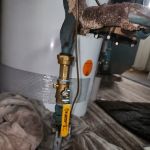 Carlong Plumbing Solutions4.0 (258 reviews)
Carlong Plumbing Solutions4.0 (258 reviews) Roto-Rooter4.0 (429 reviews)
Roto-Rooter4.0 (429 reviews)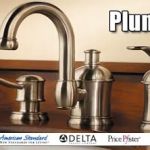 Alberto's Plumbing4.0 (61 reviews)
Alberto's Plumbing4.0 (61 reviews) Pro Master Plumbing And Rooter0.0 (0 reviews)
Pro Master Plumbing And Rooter0.0 (0 reviews)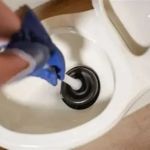 Steps to Unclog a Toilet That Won’t Flush Properly
Steps to Unclog a Toilet That Won’t Flush Properly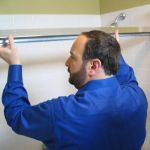 How to Replace a Shower Glass Door Without Causing Leaks
How to Replace a Shower Glass Door Without Causing Leaks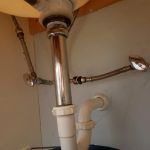 How to Replace a Sink Overflow Tube: A Complete Step-by-Step Guide
How to Replace a Sink Overflow Tube: A Complete Step-by-Step Guide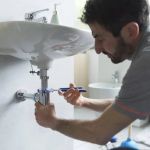 When to Call a Professional for Sewer Line Issues
When to Call a Professional for Sewer Line Issues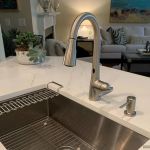 How to Choose the Best Faucet for Water Savings
How to Choose the Best Faucet for Water Savings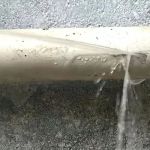 How to Repair a Cracked Pipe Without Replacing It
How to Repair a Cracked Pipe Without Replacing It